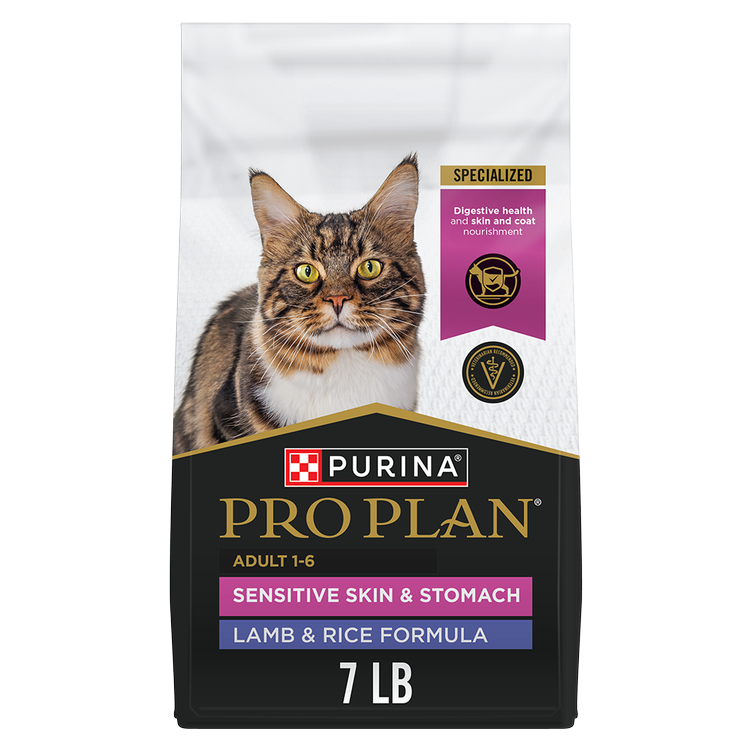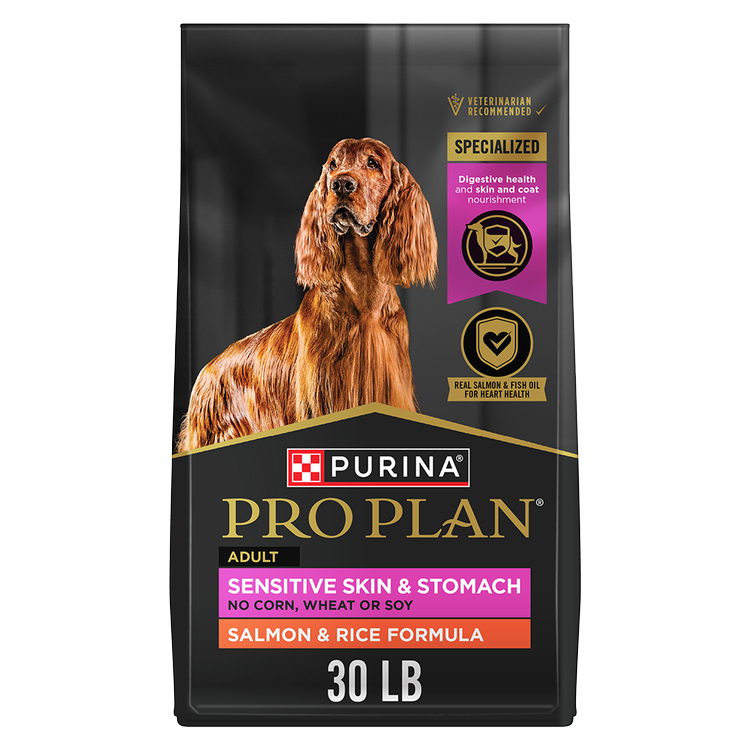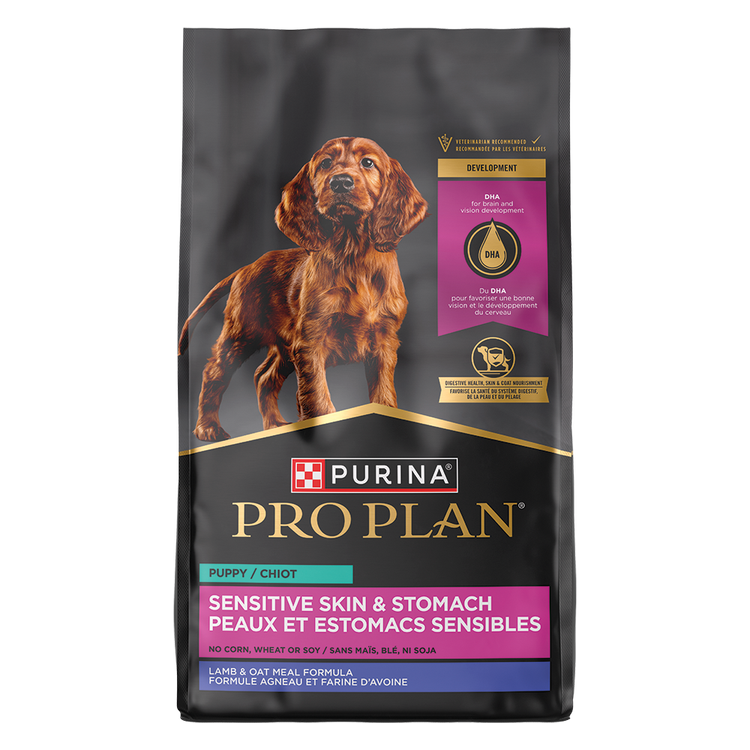What Are the Benefits of Dog Food Without Corn, Wheat or Soy?


Over the last decade, an argument over the pros and cons of feeding dogs grain- and corn-free dog food has gotten a lot of publicity, with conflicting answers.
With so many pet owners trying different diets (like gluten or grain free), it’s not surprising some of them might wonder whether ingredients like corn, wheat or soy should be omitted from a dog’s diet. The question has put many dog owners on the hunt for dog brands that advertise specific “without” recipes such as:
- Corn-free dog food
- Wheat-free dog food
- Grain- and corn-free dog food
- Corn-, soy- and wheat-free dog food
Are Grain-Free Dog Foods Necessary?
Unless your dog has a diagnosed medical condition requiring a diet without a certain ingredient, feeding a dog food without corn, wheat or soy is a personal choice.
Once you make this decision, it’s a matter of which recipe you feel will provide your dog with the healthful nutrition they need and omitting ingredients you want them to avoid.
If you choose to evaluate a dog food free of corn, wheat or soy, it’s essential to do more than simply look for which ingredients are missing from the label. For example, if you want to feed your dog a food that omits corn, you also need to make sure it contains the quality ingredients necessary to provide the complete and balanced nutrition they need.
One aspect is to evaluate the protein content. In most cases, you might be able to find a dog food that exceeds minimum standards for protein content set forth by the Association of American Feed Control Officials (AAFCO).
While many foods may contain natural ingredients, you should also account for the vitamins and minerals dogs’ bodies require on a daily basis. Without them, your dog food will not be 100 percent complete and balanced. Over 50 percent of the ingredient list may consist of vitamins and minerals. This can make it seem long, but these micronutrients are critical to delivering everything a pet needs nutritionally.
Whether you choose corn-free dog food, wheat- and grain-free dog food, or soy-free dog food, you should look for assurance of complete and balanced nutrition, as well as the AAFCO statement of nutritional adequacy. As with any dog food choice, your goal should be to give your dog the highest quality nutrition in the right amount needed to live a long and healthy life.
If you have questions about your dog’s specific nutritional requirements, be sure to consult your veterinarian.
There’s much more to learn about dogs by hearing from our experts on our Pet Expertise page.
Related articles

Find Your Pet’s Perfect Food
Get your personalized recommendation with our Pet Food Finder tool.






